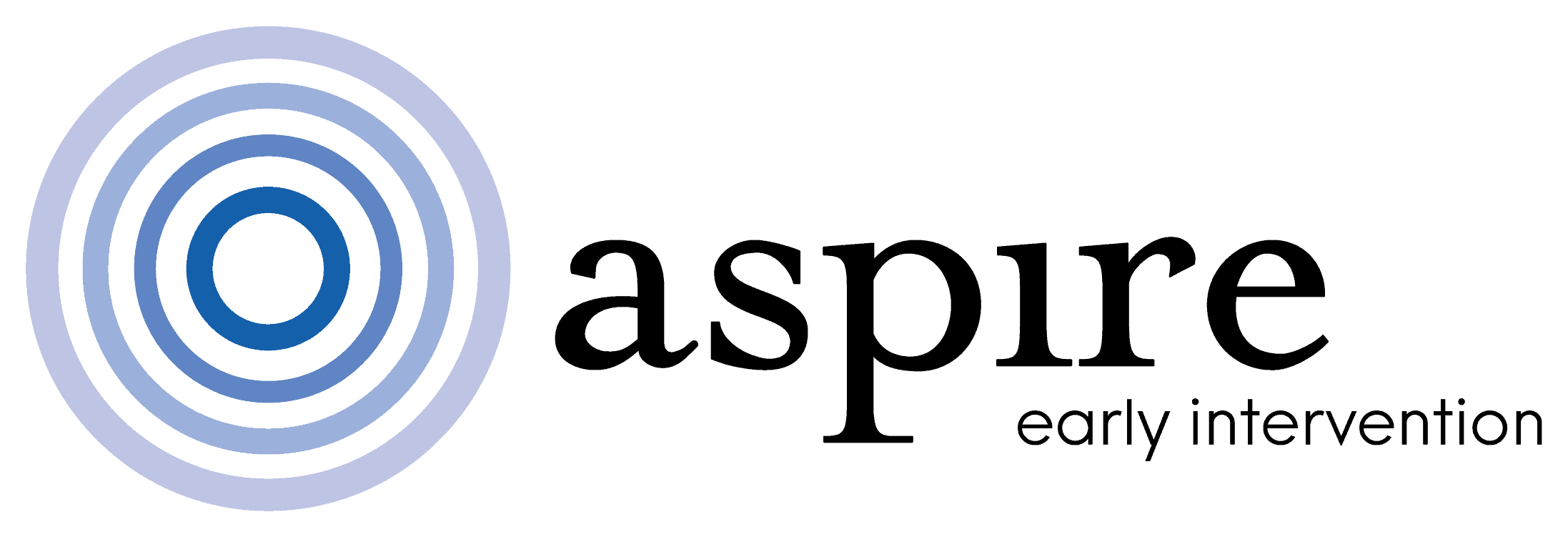What words do I teach my child with a language delay?
Your child may have a diagnosis of Autism, Down Syndrome, global developmental delay and she has just found her voice and has started talking. Yay! So how do we choose what words and language skills to teach? This blog will show you what kind of words you may want to choose to teach and what words to avoid.
Firstly, we will talk about some other important skills you would want to continue to work on that are not necessarily “speaking” skills but are incredibly important in language communication.
-
Indirect language stimulation or using declarative language (simple words)
-
Attending to salient stimuli
-
Pairing (having fun)
-
Simple turn taking activities
Any good program provider, speech pathologist or communication expert would consider these pre-vocal skills at the same time as well as actually communicative skills. Communication can be done through vocal speech, non-vocal communication (using PECS, sign, or other augmented form of communication) and in addition, we can also teach communicative gestures such as pointing, nodding and shaking for yes and no. Communication doesn’t occur in a vacuum but is part of a repertoire of skills.
What words don’t we teach?
When we first teach language we need to figure out what a child wants as it is far easier to set up successful interactions if you are fun and your child wants to be with you. If you child chooses to be with you, you can provide boundless opportunities and create opportunities for motivating your child. This is hard work! Once your child has motivation, we can start teaching her to request. Motivation sometimes may look like that she is grabbing your hand, or she may look at you and grunt, for other children this behaviour may be screaming, crying, or yelling. Some children have approximations of words but are not quite clear. Motivation is the cornerstone for teaching your child to request.
Requesting is one of the most important features of learning language, especially for children with a language delay. Remember that early on in development babies cry to get what they want, as babies get older they learn to communicate, initially by gestures (pointing, nodding), eye contact or social referencing and later by adding words vocally.
Often children engage in problem behaviour to get what they want, to avoid or escape situations or to receive attention. It often doesn’t matter to them how they are going about to get what they want, as long as they get it by any means possible. So for some children problem behaviour may consist of screaming, yelling, hitting, spitting and so forth. The possible problem behaviours are endless and you may have seen your fair share!
To change children’s problem behaviour and more specifically to teach them new words if they don’t have any as a way to communicate effectively we need to figure out what their desire is. What do they want? What motivates your child? When is their motivation strong? If they have just had a biscuit, their motivation will drop to request for that biscuit. If jumping on a trampoline outside is something your child likes, it will probably become more reinforcing if she has been inside for a few hours. Her desire to jump on the trampoline will increase. The more you understand and can determine what your child’s motivation is the easier it will be to teach requesting for specific items. The next question is, how can we use this motivation to then teach requesting. If a child likes to play with bubbles, and it is valuable for the child and they are interest in it, we can capture that and use that motivation to practice requesting.
First we should make a list what those potential motivators might be, your senior therapist or program manager can help you figuring out and choosing what words we can teach. Early on when teaching new words, we would like that motivation to be as powerful as possible. Sometimes this means that we need to withhold items. We can use a variety of items but for children who are 2, 3 or 4 already and who have little or no functional communication we can also use food. Food for most people is the most powerful item and situations are relatively easy to set up. So we may choose to start with having your child request for food items that are highly desirable. Those foods may not always be the most nutritious but as your child learns to request for one item, the second item will become easier, and then the third, and so forth. As your child learns more language, generally the easier it will become and then it will also be easier to teach your child to request for other items beside food. The list of motivators that we talked about are the words that we would introduce first.
Let’s have a look though at words in detail that we DON’T want to teach.
Choosing the wrong words could potentially hinder your child in learning functional communication.
-
Words that are related to a variety of motivators. Words like “more”, “please”, “mine”, “yes”, “this”. These words tend to be to general. Your child will not learn to specifically request for individual items and she may become more frustrated at her attempts to communicate if she signs more for example and she would like a biscuit. Even though no biscuit is in her vicinity. Many children will start to sign for “more” or “please” to request for an individual item even though they have not had it yet. What “more” really means is give me an increased quantity of that item. This response will start to mean “give me something good”. It will make you guess as a parent what they would like. It will also be very difficult to then teach more specific requests as your child has now learnt to use a “general” request to get what they want and this may be effective in the short term.
-
Words that are related to motivators from a general category. Words like “toy”, “eat”, “play”, “drink”. Similarly to words that relate to a variety of reinforcers, using these words is not specific enough and is generally too vague. Rather than teaching the word “toy” to request, it is far preferable to teach specific words such as car, book, play-doh etc.
-
Words that for removing something undesirable. Words like “all done”, “break”,
“mine”, “no”, “go play”. The problem is that the first requests should not be a request to get away from you. You want to have a positive relationship with your child. We don’t want to create a situation that the most powerful desire or motivator is to leave you. You would want to be one of the most powerful desires the child has. See our section on pairing. This doesn’t mean that we don’t teach your child to use these words, but not for the first requests.
-
Words that are related to items that are difficult to give or deliver to your child. Words like “swimming”, “bike ride”. If we can only give the item once or it takes a long time to complete the activity reduces the opportunity for your child to practice saying this and making this request. Especially when we first start teaching requests we would like to get a lot of practice in and present your child with a lot of opportunities to practice saying these words.
-
Words that are related to politeness. Words like “please”, “thank you”. These words don’t benefit your child to get what they want but rather is a form of social convention that benefits the listener or the person who hears the words. Remember that many typically developing children only will start using these politeness phrases when they are 3 or 4 years old, when they already have a well established repertoire of functional communication. Children often will also only use these politeness phrases when prompted by an adult. So these words are also words we don’t want to teach as one of the first few requests and typically we wait until children start talking in 3-4 words sentences fluently before introducing this skill.
In short, word selection is critical but it is equally important to understand which words to avoid to teach initially.
So which words do we teach for a child that has a language delay?
-
Words that are closely related to a strong desire for that item. The more desirable an item or activity is, the greater the chance that your child would want to request for it.
-
Words that have long durations of desire. We would like to choose an item that children are less likely to become satiated or get over quickly. So if we were to use food for example, we would like smaller pieces of food, a mini m’n’m, or a popcorn piece, a small piece of chip, rather than a whole bag of chips. When we want to teach new words we want to make sure that we can give your child many opportunities to practice that same word.
-
Words that are related to a specific item. This will help us to prompt your child if the item is specific. This will also assist in generalisation which means that your child is more likely to use that specific request or word in different settings such as school, outside and also with different people.
-
Words that are related to specific items that are consumed or dissipate quickly. We would like the reinforcer to disappear quickly, and we don’t have to take the item from the child. Bubbles pop, and your child needs you to blow them again. A small piece of chocolate melts in the child’s mouth. When you are tickling your child, you can cease this and the child needs to you to continue this highly reinforcing activity. We don’t want to take items from the child. A book for example, you may need to take off the child and the child may not like that and results in a temper tantrum, which then would stop you from presenting more opportunities to practice.
-
Words that are related to items hat are easy to deliver immediately and quickly. If we choose items that may take some time to deliver, for example, a doll house, if it is large and it takes some time to get there is a chance that the child may not make the immediate connection between making the vocal request and the delivery of the item. So when teaching new words, the item needs to be delivered as quickly as we can.
-
Words that are related to items that are easy to remove when necessary. If an item is small or your child is happy to give that item back for short periods of time that would make teaching easier.
-
Words that are already in your child’s repertoire. This could be a word that your child is already able to echo back to you when you prompt her to say this. Or if a child is already able to imitate a sign, we could have her imitate the sign “book” and use that for her to request a preferred item. So choose a word that she can already say or where she is able to sign for it or is able to imitate the sign. Rather than teaching words children cannot say, let’s use your child’s strengths and use words that’s already in her skill set.
-
Words that do not rhyme or sounds similar to other words. We don’t want to teach words that are similar as it will be difficult for your child to produce the different words. This is also the case for using signs that look similar. (eat and drink for example in sign language look too similar). Looks for a selection of words that are easy to discriminate.
-
Words that are used in the child’s natural environment. It is better to choose words that your child hears, sees and are functional for her. Choosing these words will promote generalisation and it is more likely that the child will use these words in her environment. There will also be many more opportunities if the word is more easily “set up” in her environment.
Some Sample Words that you may consider;
Remember this all depends on your child’s motivation!
-
Food (bikky / biscuit, cracker, apple, chip, ‘nana, m’m, popcorn, chocky-chocolate)
-
Drink (juice, milk, water)
-
Toys (ball, car, bubbles, doll, book)
-
Actions (up, spin, tickle, hug, kiss, crash, squeeze, down)
-
Individualised reinforcers (hat, music, ipad)
-
Electronic type toys Ipad (play, press, back, open)
-
People, pets, characters (Mum, Dora, Bob, Elmo)




